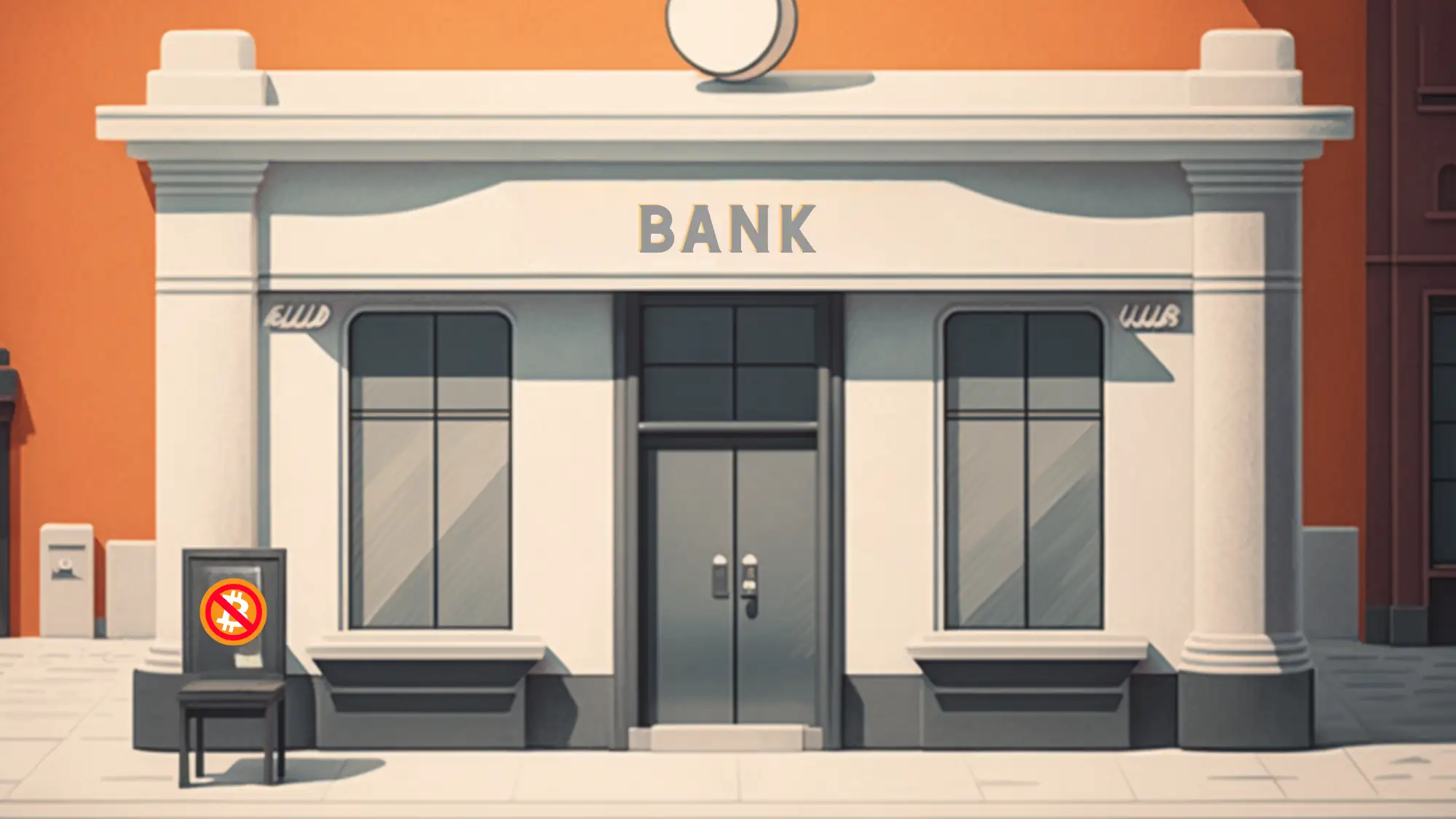Navigating the Decentralized and Centralized Approaches Shaping the Future of Finance
The Shifting Landscape of Digital Assets
A few weeks ago, the US SEC removed the first formal definition of “digital asset” from its latest hedge fund rule. Although the definition was neither extensive nor controversial, its removal indicates potential concerns about the SEC’s litigation stance on digital assets as securities. The decision has garnered mixed reactions from industry groups and consumer advocacy organizations.
Then, in a surprising reversal, the Fed’s digital dollar, FedNow, was announced for release in early July. As a Central Bank Digital Currency (CBDC), the Fed proclaims it to provide a more efficient, secure payment system and increase access to financial services. The Federal Reserve’s accelerated 2023 release of the FedNow digital dollar has fueled rumors and speculation due to the lack of US media attention.
CBDCs, which are comparable to instant transaction systems, are already in place in Europe. The introduction of a US centralized digital currency has also led to concerns about its potential to undermine individual freedoms and privacy in a cashless society, as well as increase the risk of a US default. Although institutional adoption of a CBDC could be a double edged sword, there are valid privacy concerns, uncertainty and expected volatility surrounding the launch that may lead to hesitation among investors, driving a potential decline in the USD price.
As the world of digital money continues to evolve, the distinctions between Bitcoin and CBDCs are becoming increasingly significant. In this article, we’ll delve into the key differences between these digital currencies and explore the global developments in the CBDC arena.
Deciphering CBDCs: Understanding the Centralized Counterpart of Cryptocurrencies
CBDCs are a centrally controlled alternative to cryptocurrencies that are being encouraged, and facilitated by large banks and government agencies that are seen as trying to expand their control. Proponents of CBDCs, through regulation, are already trying to take cash out of small businesses, and the proliferation of these centralized coins would digitize more controlled currency.
These centrally controlled alternatives to cryptocurrencies purport to offer some of the same benefits associated with decentralized cryptocurrencies like bitcoin such as transferability, and convenience. CBDCs are promoted as a solution to help address issues like third-party risk, high cross-border transaction costs, and financial exclusion. However, they also raise concerns about centralized control, government surveillance, structural changes to financial services, system stability, monetary policy influence, privacy, and cybersecurity.
CBDCs remain quite controversial here in the U.S. Many states, including Florida and North Carolina, have passed legislation “banning,” albeit symbolically, the use of CBDCs.
Related: Florida bans CBDCs, effective July 1st, 2023
Meanwhile the Northern Neighbor of the U.S. Moves the Conversation Forward
The Bank of Canada (BOC) recently initiated a public consultation on the features of a potential CBDC. The consultation, which runs until June 19, seeks public input on the preferences for features, security, accessibility, and privacy concerns. While a digital Canadian dollar is not currently required, the BOC aims to be prepared and emphasizes the need for a secure and stable digital payment option issued by Canada’s central bank.
The impact of CBDC implementation on the global financial landscape cannot be ignored. With 11 countries already having implemented CBDCs and many others exploring their potential, the global financial landscape is undergoing a transformation. CBDCs can be based on blockchain technology but don’t necessarily require it. In the US, the Federal Reserve is researching CBDCs and their potential implementation within the financial system.
Related: 46% of millennials are invested in some form of cryptocurrency
Bitcoin vs. CBDCs: The Battle for the Future of Digital Money
As the adoption of digital currency grows, both Bitcoin and CBDCs will play crucial roles in reshaping the financial landscape. While some users may prefer CBDCs for their centralization and government-backing, others may find Bitcoin’s unique features such as decentralization, censorship resistance, and inflation protection more appealing. The choice between Bitcoin and CBDCs will ultimately come down to how individuals perceive the benefits (and drawbacks). Currently, the bad press associated with decentralized cryptocurrencies such as bitcoin has allowed proponents of CBDCs to push the narrative that theirs is a stronger, safer alternative.
In Conclusion we look to embracing the differing possibilities that could exist in our near Digital Currency Futures.
The world of digital currencies is ever-evolving, with both Bitcoin and CBDCs playing significant roles in shaping the future of finance. As central banks around the world continue to explore and implement their own CBDCs, it’s essential for individuals to stay informed and consider the potential impacts on their personal finances and investment strategies. The digital currency revolution is well underway, and embracing the possibilities it presents will be vital in navigating the complex world of decentralized and centralized digital money. While there may be drawbacks to Bitcoin, e.g. use cases for daily purchases or ease of use, the benefits quickly stack up in favor of decentralized cryptocurrencies compared to a government backed coin.
Everyday, Bitcoin is more widely adopted around the world – and as entrepreneurs and developers continue to innovate at an unyielding pace, it’s becoming much more user friendly. Proof of its utility can be seen with the proliferation of physical Bitcoin kiosks popping up throughout the United States.
Related article: Celebrating National Bitcoin ATM Day
Taking everything into account…
The increasing interest in CBDCs may shed light on the future of digital assets, but it also fosters comparison and highlights the advantages of decentralized cryptocurrencies like Bitcoin. Crypto’s unique features such as decentralization, censorship-resistance, inflation protection, and global acceptance offer a viable alternative to potentially invasive centralized currencies. While CBDCs may promise efficiency and stability, their inherent centralization and potential for government surveillance introduce uncertainty into the equation. As the landscape of digital currencies continues to evolve, Bitcoin’s resilience and broadening adoption showcase the promises of decentralized finance in a world grappling with the uncertain implications of CBDCs.



